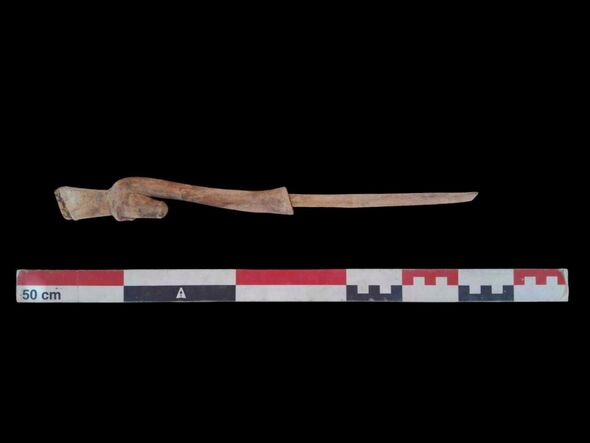European teams say they are well prepared for a hot and humid World Cup, training in saunas, planning to soak their jerseys in cold water before games and working with doctors to design the perfect hydration formula for each player.
Even though the tournament is held in Brazil’s winter, stadiums in the tropical north will be warm, with temperatures often above 30 degrees. And many games will be played under the afternoon sun for prime-time broadcast in Europe.
In the 1994 World Cup in the United States, many cold-weather teams wilted. Since then, teams have borrowed cooling techniques from the military and consulted with scientists to stop the heat affecting performance.
“There’s lots of little things you can do that on their own wouldn’t make a fundamental difference but they all add up,” said Mike Tipton, a scientist at the University of Portsmouth who has been helping England coach Roy Hodgson.
Brazilian authorities generally avoid scheduling important domestic matches before 4pm But FIFA scheduled 24 of the 64 World Cup games to start at 1pm, prompting complaints from players’ union FIFPro.
Matches in cooler southern cities, including Rio de Janeiro, venue for the July 13 final, should be fine. But results in sweat-box cities further north and Cuiaba in the west will depend not only on how fit the players are, but how well the teams doctors and consultants performed.
Italy coach Cesare Prandelli witnessed how destructive Brazilian conditions can be when eight of his players asked to be substituted at halftime of the Confederations Cup semi-final last June in the northern coastal city of Fortaleza, which is hosting six World Cup matches.
All of Italy’s Group D games are in the north, starting with a sweaty encounter against England in the Amazon city of Manaus. To acclimatise them and measure how their bodies cope, Prandelli made players train on treadmills and bikes in a sauna heated to 33 Celsius (91 Fahrenheit) with 70-per cent humidity.
“We’ve tried to reproduce the environmental conditions that we will likely find, above all in Manaus, but also in Recife and Natal,” team physician Enrico Castellacci said. “Players work on a specific program and then we evaluate their resistance to the fatigue, by monitoring their heartbeat and weight before and after the exercises.”
Players cooled off by plunging their hands into icy water. Tipton said that technique was first developed to cool navy firefighters and works better than soaking the whole body in ice baths or fancy gizmos like air-conditioned vests and jackets packed with dry ice.
In its manual on football medicine, FIFA says players’ bodies need three days minimum, and ideally 14-21 days, to acclimatise to heat. Once that happens, they can cool more quickly and lose fewer minerals through sweat.
Players also must prepare mentally.
“Some just find it very oppressive and just can’t play as well because they just can’t handle it mentally,” said Julien Periard, a specialist at Qatar’s Aspetar sports medicine hospital. Research there included subjecting volunteers to an hour of 50C and then 48C temperatures.
“Some get quite aggressive at the end because they can’t tolerate the heat,” Periard said.
FIFA medical chief Michel D’Hooghe was so concerned about the health risks he pushed unsuccessfully for cooler kickoff times. Some players used special sun-reflecting hair gel. World Cup rules then didn’t allow for drink breaks in extreme heat, as they do now.
“We thought we were being quite professional in our preparation but if you compare it with what we are doing now it was unbelievably amateurish,” Hodgson told the Guardian newspaper.
Still, teams from cooler climes will still be disadvantaged in Brazil, likely forced to tailor their play to the heat, perhaps running less and passing more. This will be the eighth World Cup in the Americas. Only South American teams – Uruguay, Brazil or Argentina – won the previous seven.
Cool-weather teams may “end up playing a game that they’re just not used to,” Tipton said. “Teams who come from hot, humid environments will just be playing their natural game.”





